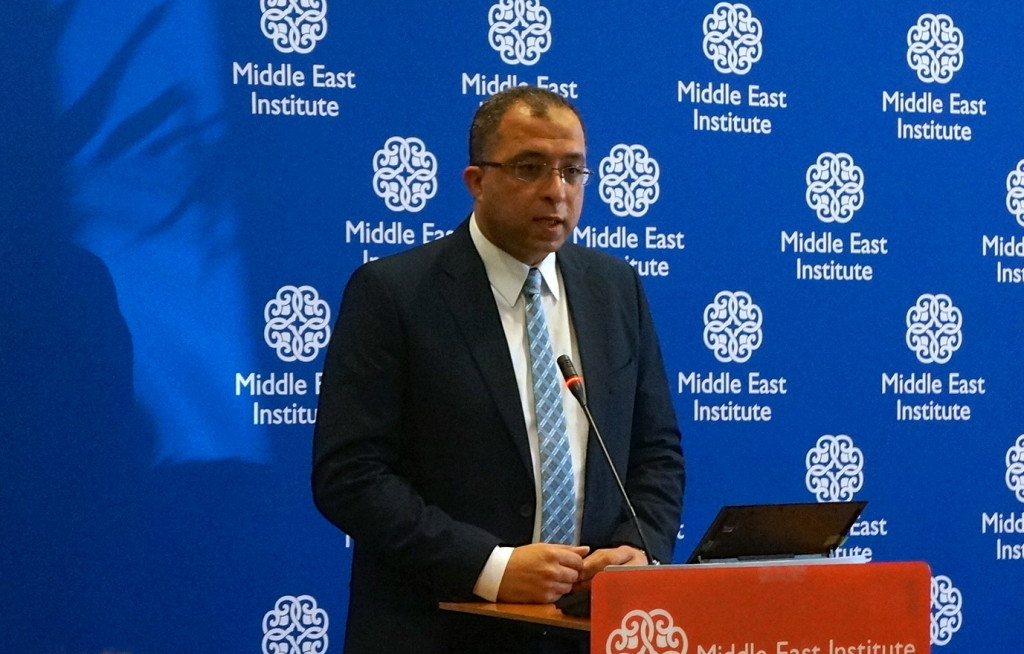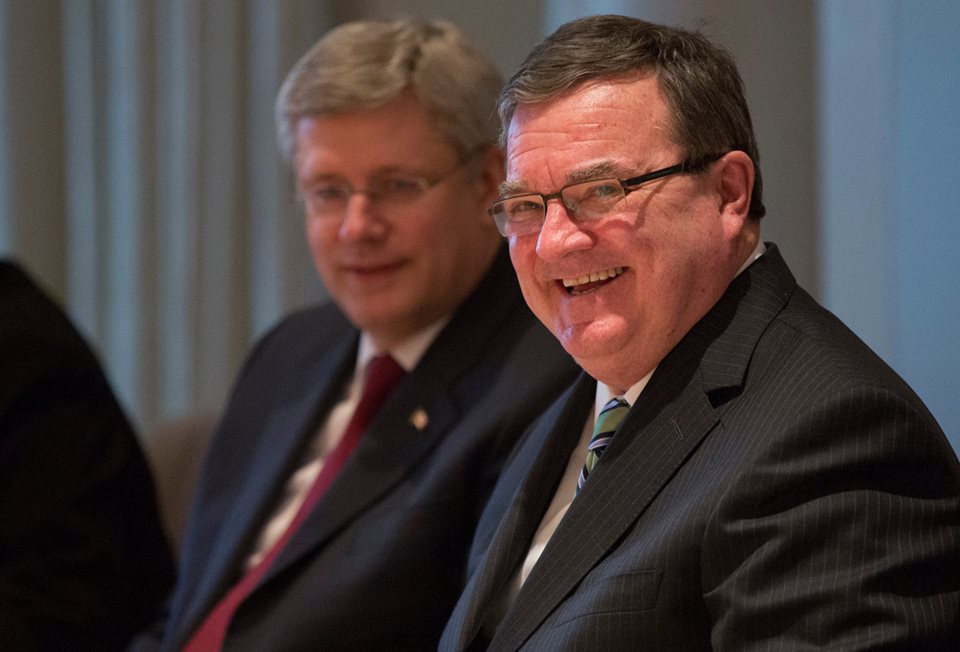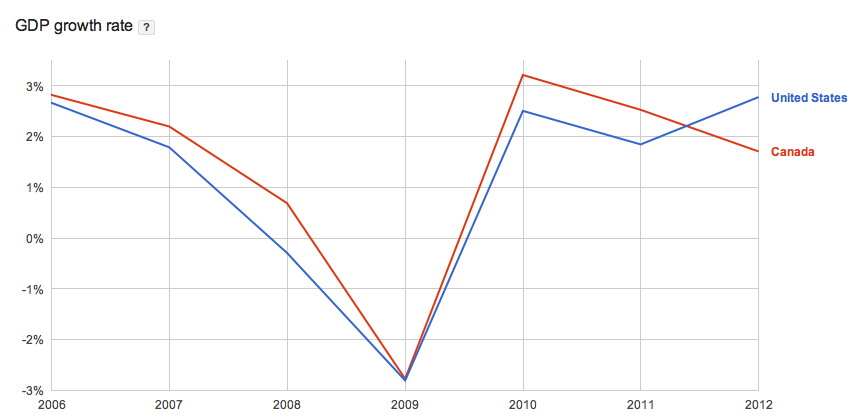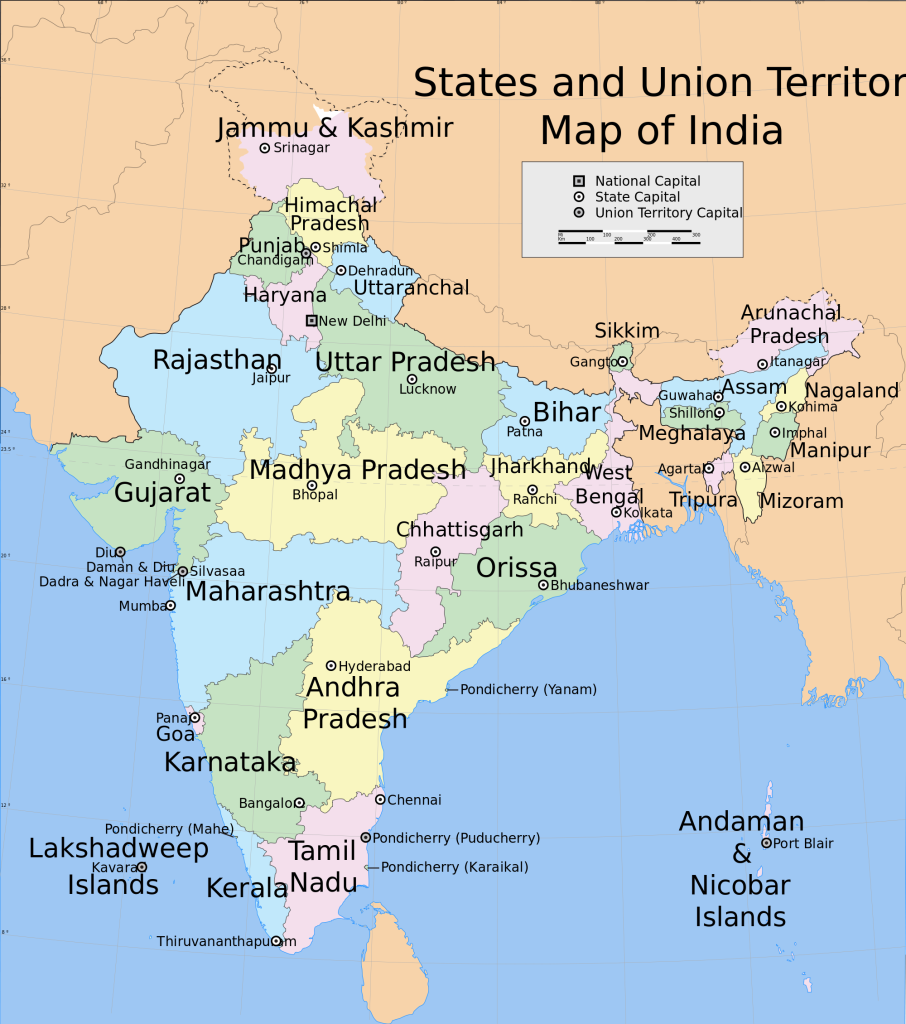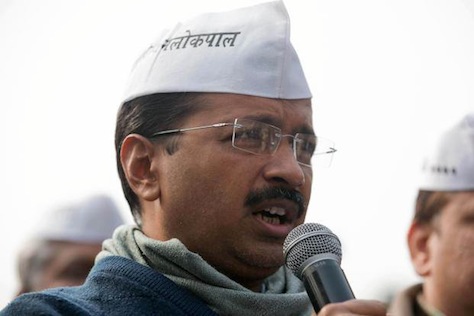Most of the coverage of Egypt’s transition period of the past three-plus years has focused on fundamental political, security and religious issues. ![]()
But the precarious state of the Egyptian economy has underlined the tumult of Egypt’s political process at every stage. Youth unemployment and stagnant growth, in part, fueled the January 2011 protests in Tahrir Square that ultimately toppled longtime Egyptian president Hosni Mubarak in February 2011. The failure of his elected successor, the Muslim Brotherhood’s Mohammed Morsi, to address the fundamental problems of Egypt’s economy was also a significant factor in the June 2013 protests that ultimately encouraged the Egyptian army to push him out of power.
Nearly a year later, the military-led government has enacted a new constitution — though it stifled all sorts of freedoms and killed or imprisoned thousands of Egyptians in order to do so. It now seems prepared to go through the motions of a sham presidential election to install the only recently retired army chief and defense minister, Abdel-Fattah El-Sisi, as Egypt’s next strongman.
So it was with some curiosity that I attended a brief talk earlier today featuring H.E. Ashraf El-Araby (pictured above), Egypt’s minister for planning and international cooperation, hosted by the exemplary Middle East Institute in Washington DC.
El-Araby is a unique technocratic figure in the government — he served in the same role during much of the Morsi administration between August 2012 to May 2013, and he worked from 2006 to 2011 in the technical advisory office of the planning ministry. He earned his doctorate from Kansas State University, and he spent much of his career within Egypt’s National Planning Institute.
If El-Araby’s thinking represents the state-of-the-art on what will become Sisinomics (which is shaping up more like Wolfgang Schäuble than Gamal Abdel Nasser), I wasn’t incredibly optimistic about what I heard. That’s not because El-Araby isn’t a talented economist or an honest broker in Egypt’s increasingly authoritarian government, but because it’s so hard to see a path where the political and military leadership carry out the difficult steps that could transform Egypt’s economy. Continue reading Egypt’s El-Araby: ‘We don’t have an energy strategy’
